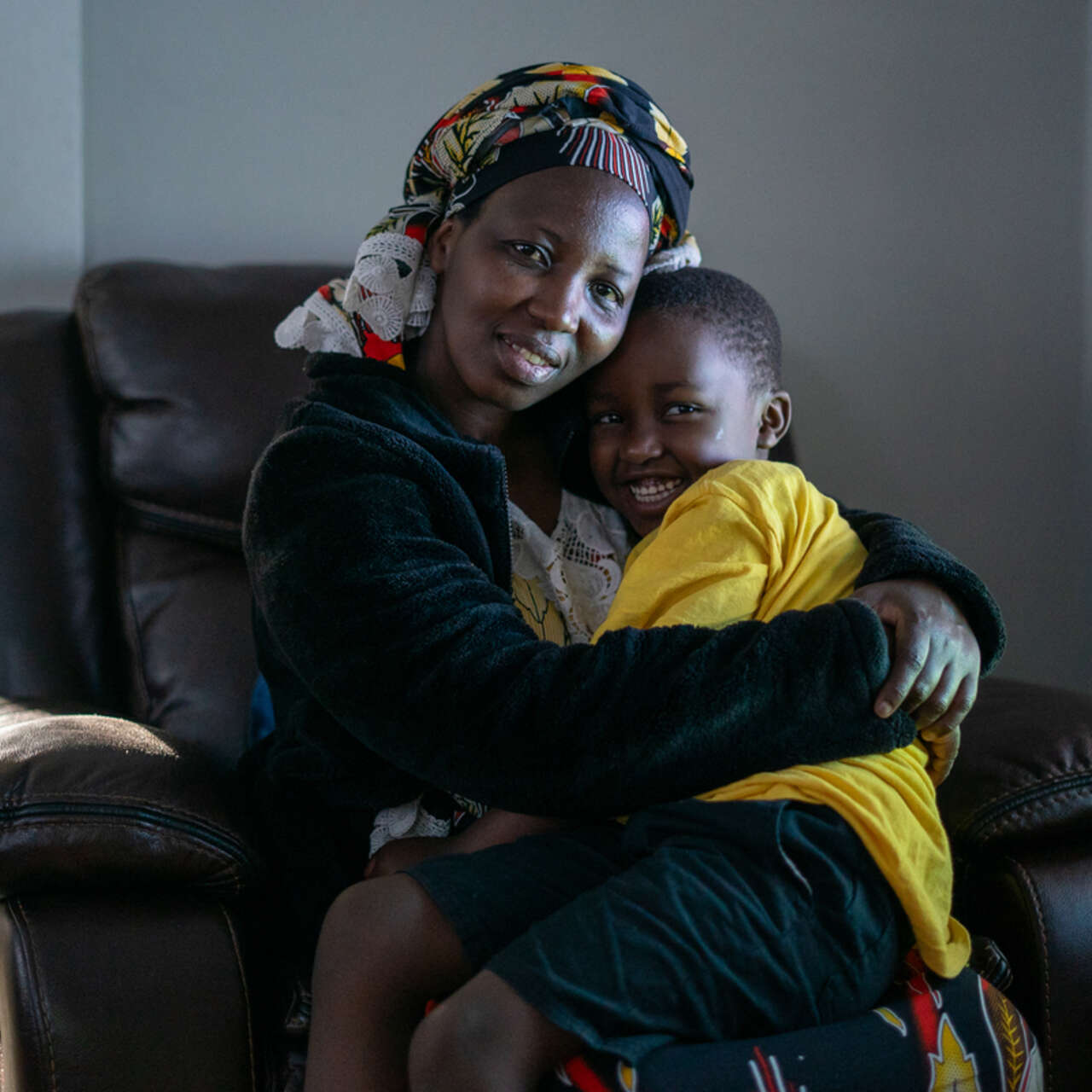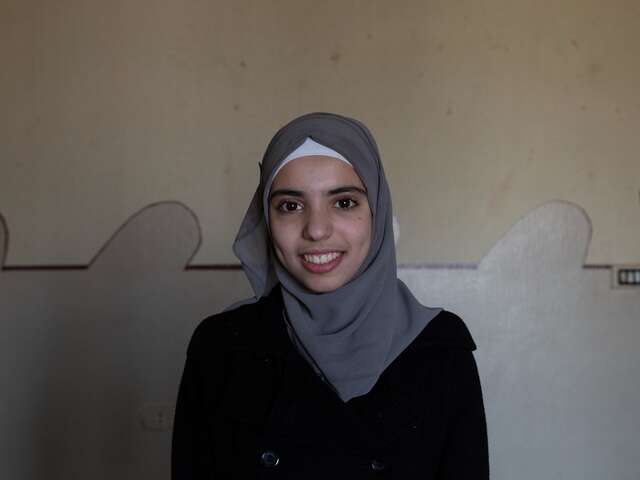
How to talk to your family about refugees and asylum seekers
Use our guide to facilitate positive conversations and share important facts about refugees and asylum seekers with your family.

Use our guide to facilitate positive conversations and share important facts about refugees and asylum seekers with your family.
Need a little help navigating some difficult conversations at the dinner table? We’ve got you. Here are some of the most common sticking points when it comes to talking about refugee and asylum issues.
If someone says: "Well we can't let everyone in just because they want to come here."
Try responding: "Actually, 75% of refugees seek safety close to their home countries. Those who come here do so because they have no other choice; they are fleeing persecution and life-threatening situations. They don't migrate because they want to; they migrate because they have no other choice. "
If someone says: "What if they just say they're refugees, but really they are just coming over to cause trouble?"
Try responding: "Refugees are vetted more intensely than any other group before they are allowed to enter. It can take years for this vetting process to be complete. The asylum process can similarly take years to conclude."
If someone says: "The number of people coming is too high—someone on TV called it an 'invasion.'"
Try responding: "I wish you wouldn't use dehumanizing language like 'invasion'. Refugees are more than just numbers. They are people with dreams, hopes and ambitions who are fleeing impossible circumstances."
If someone says: "Well who pays for all this? Shouldn't we take care of our own?"
Try responding: "Refugees start businesses, pay taxes and contribute to their communities and local economies. The vast majority quickly find jobs and become productive members of their new communities."
Read more on our refugee facts, statistics and FAQs page.
Learn more about the difference between migrants, asylum seekers, refugees and immigrants.

The International Rescue Committee (IRC) is a global non-profit organization that helps people whose lives have been shattered by conflict and disaster to survive, recover and rebuild. Founded in 1933 at the call of Albert Einstein, we now work in over 50 crisis-affected countries and communities throughout Europe and the Americas.
Additionally, the IRC operates 28 offices across the United States that support newly arrived refugees by providing immediate aid, including food, housing, medical attention, legal support and other services that help refugees integrate into their new communities.
Read more about our impact.